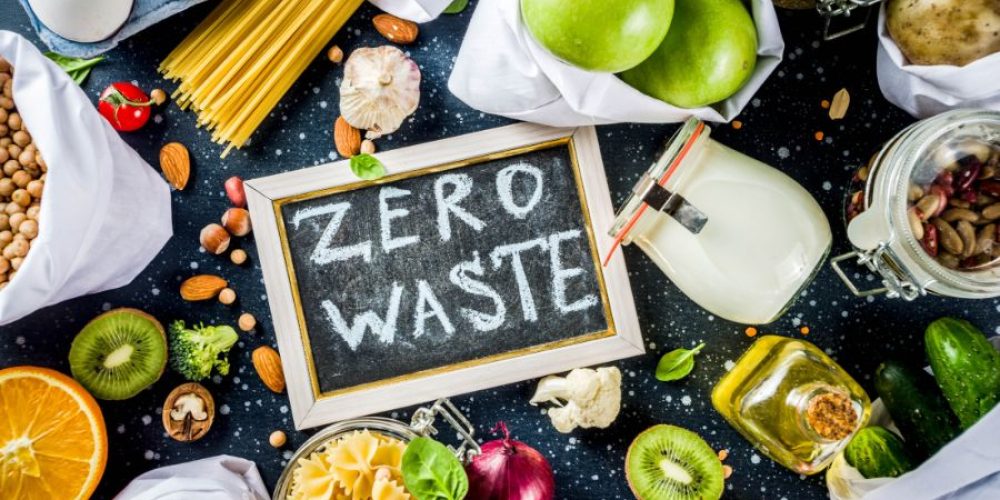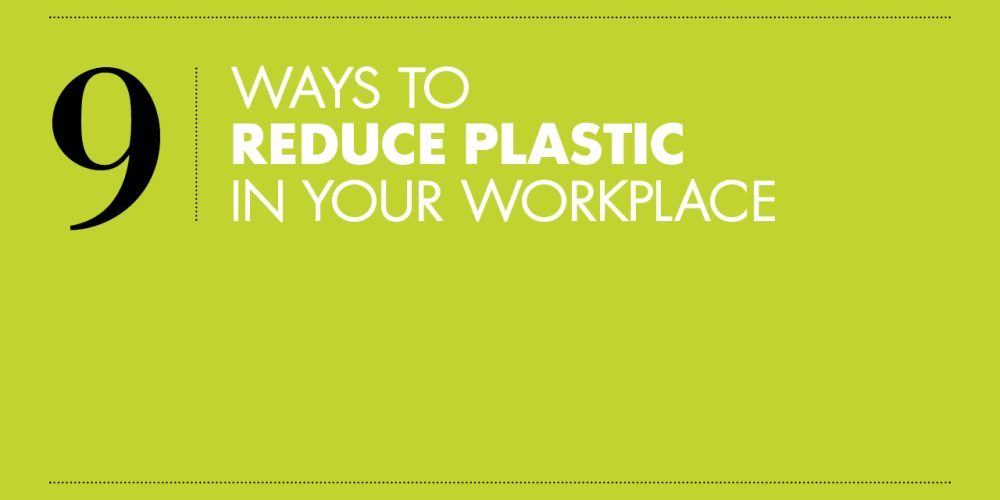For many people in the world, food waste has become a habit: buying more food than we need at markets, letting fruits and vegetables spoil at home or taking larger portions than we can eat. These habits put extra strain on our natural resources and damage our environment. When we waste food, we waste the labour, effort, investment and precious resources (like water, seeds, feed, etc.) that go into producing it, not to mention the resources that go into transporting and processing it. In short, wasting food increases greenhouse gas emissions and contributes to climate change. Source: FAO It’s a big problem. In fact, worldwide, tonnes of edible food are […]
Businesses of all sizes are well-placed to make a HUGE difference when it comes to tackling the ocean plastic crisis. Whilst individual efforts to use less plastic add up over time, cutting plastic usage at a business-level results in significantly greater reductions in plastic waste and far-reaching consequences – creating a ripple effect of positive change among colleagues, customers, suppliers, competitors, industry and the wider community. Source Given the devastation being caused in the oceans by our excessive plastic use, we urgently need more businesses to step up to this challenge… In 2015, we produced over 320 million tonnes of plastic globally – which is more than the combined weight of […]
We are all undoubtedly troubled (some more, others less) with the impact our everyday actions have on the rapid climate change. So we are looking for practical ways to affect it positively and we may need few guidelines. Here is a sensible list: Source: HuffPost 1. Stop Eating (or Eat Less) Meat The single most effective action you can take to combat climate change is to stop eating meat. Certainly not an easy thing for us Greeks. Still, just limiting your meat consumption can make a huge difference. Greenhouse gas emissions from agribusiness are an even bigger problem than fossil fuels. So while we often talk about cutting our reliance on […]




